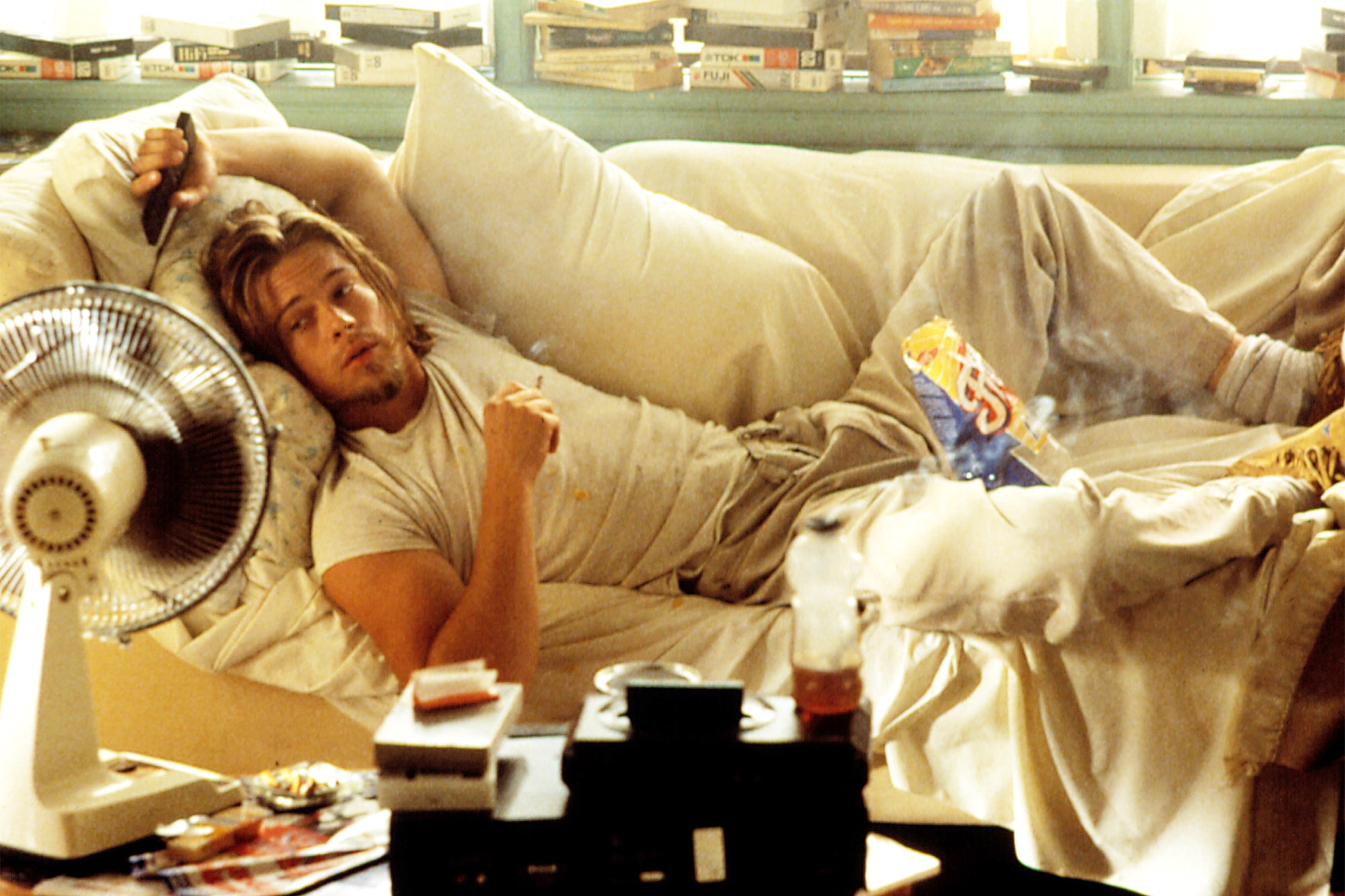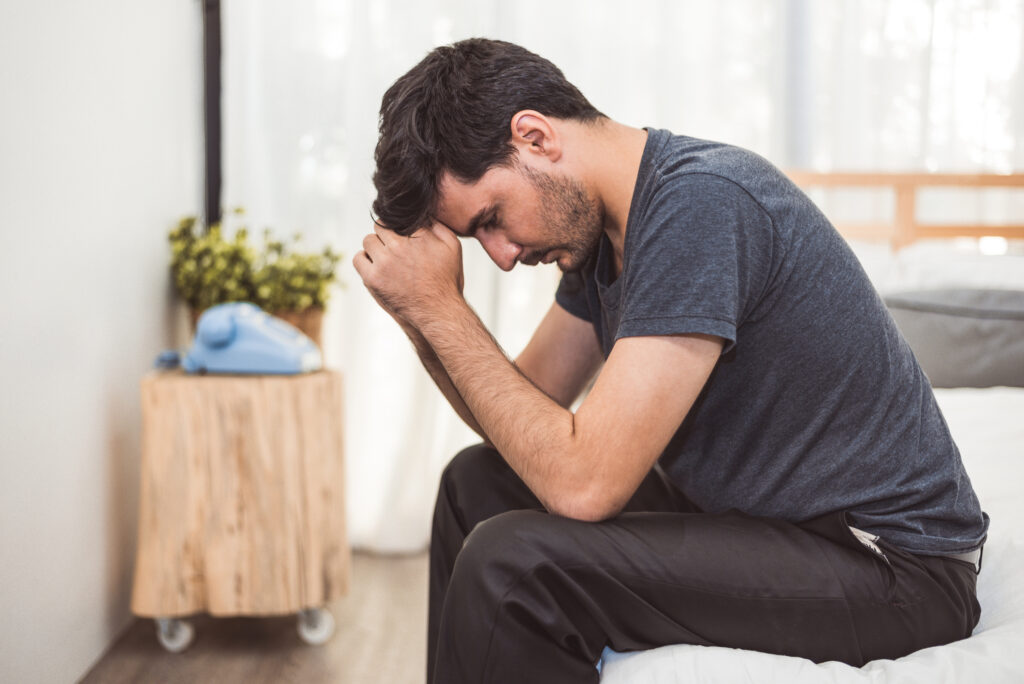Sleep deprivation isn’t just bad for your driving and thinking ability. During those 7 to 9 hours of snooze time, you should be getting, the brain and the body undergo various recovery processes. Without that, you leave yourself open to a host of issues, including heart disease, erectile dysfunction, and a weakened immune system, among other problems.
But great sleep isn’t just about the number of hours. Sleep is a complex system that is comprised of different phases, and experts say that the deep sleep phase is where the real magic happens.
What is deep sleep? Deep sleep begins relatively early in our sleep period—about 20 to 30 minutes after sleep onset—and dominates the first half of the night. It lasts as much as an hour at a time, and returns again about every 90 minutes. “It is the cycle of sleep that is most restorative,” explains MH advisor W. Chris Winter, MD, a neurologist, sleep specialist, and author of The Sleep Solution. “It’s when we produce the majority of our growth hormone.” For kids, this hormone is what makes them grow and develop. For adults, it’s a chemical involved in recovery and youthfulness, Dr. Winter says. Basically, deep sleep, also known as slow-wave sleep, is what keeps our immune system functioning, strengthens our bones and muscles, helps prevent injury and helps us recover from it, and it contributes to a host of other necessary bodily functions.
How much deep sleep do you need?
In general, if you are getting about eight hours of sleep, you can expect to cycle through the entire sleep process about four to five times a night. “You are going to get your big doses of [deep] sleep within the first two 90-minute cycles,” says James Maas, PhD, past chairman and professor of psychology at Cornell University and author of Power Sleep, Sleep for Success, and Sleep to Win!.
Maas prefers to call deep sleep “sound sleep,” since technically REM sleep is a deeper level of sleep than the stage that has been coined “deep sleep.” But whatever it is called, this stage and all of the others are important and have specific functions. In Stage 1, you begin dozing off and your body and brain movement begins to slow down; Stage 2 is a light sleep where you’ll experience a drop in temperature, muscle relaxation, and a slower heart rate; Stage 3 is that deep sleep, where Dr. Maas says you encounter brain and body restoration, memory consolidation, cell restoration and the removal of toxins from the brain as well as where if you are awakened you’ll feel groggy and disoriented; Stage 4 is REM (rapid eye movement) sleep, which is where you typically have really vivid dreams as well as experience paralyses in your muscles.
Deep sleep is what makes us feel rested and restored the next day rather than, well, sleepy. Think of it this way: “When someone says, “Damn, that was a great sleep last night!” they are usually commenting on their amount and quality of deep sleep,” says Dr. Winter. “I often say that deep sleep is the sleep we “feel.” So if you wake up and you don’t feel rested, chances are, you didn’t get enough of these specific Zs.
There’s no exact number for how much deep sleep you need. And there’s not a ton you can do to engineer more deep sleep for yourself. Be aware, however, that the first three-hour block of sleep is the timeframe in which you’ll nab about two hours of deep sleep. It’s also the time where your deep sleep is most robust, says Dr. Winter. “The cycles of deep sleep typically shorten as the night progresses.” Sleep cycles vary from person to person and night to night. And factors including medications and alcohol can affect them.
What happens if you don’t get enough deep sleep?
In the short term, lack of deep sleep simply means you are going to be very sleepy the next day. When you start to miss out on deep sleep regularly, issues can arise. “You just ‘age’ faster,” says Dr. Winter. You have “more illness, injury and less ability to recover from the day-to-day wear and tear on our bodies.” While there’s no formula that can get you more deep sleep per night, making sure that you get adequate sleep every night can help.
This story originally appeared on Mens Health U.S
















